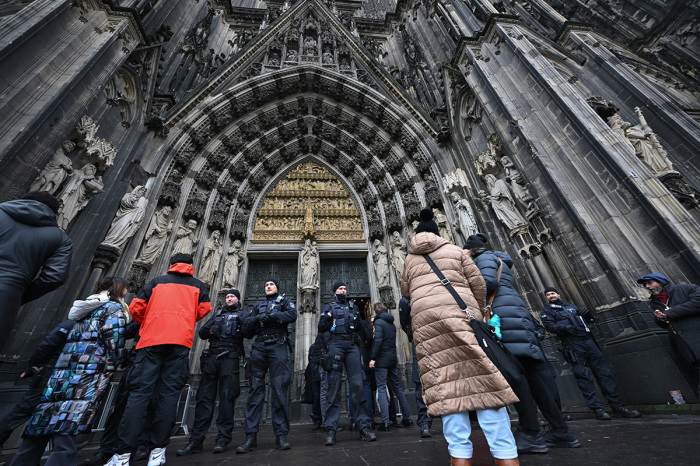
Anti-Christian hate crimes across Europe are being downplayed or overlooked, according to a new report.
The 125-page document has been published by the Organization for Security and Co-operation in Europe (OSCE) Office for Democratic Institutions and Human Rights (ODIHR). Similar reports have already been published dealing with antisemitic and anti-Muslim hate crimes.
The report on anti-Christian hate crimes was officially launched earlier this month at the Warsaw Human Dimension Conference. It notes that Christians in Europe have been subject to a variety of incidents, ranging from graffiti and vandalism to violent attacks and murder.
Several congregations have had to increase security in response to the increased threat level.
One contributing factor to anti-Christian hate crimes is tensions with other religions.
“Religion-related or religion-inspired violence may also stem from the perception of Christianity as a rival, inferior or adversarial faith — often framed within violent ‘extremist’ narratives, historical grievances and geopolitical tensions,” the report said.
“For example, some forms of violent ‘extremist’ rhetoric portray Christians as ‘infidels’ and ‘enemies of Islam’ who must be subdued.”
Converts from Islam to Christianity were found to be in particular danger. The report cited a 2023 case in Britain in which a convert was stabbed by his housemate who was shouting “Allahu Akbar.”
The pair had initially got on well, but upon learning of the conversion, the attacker viewed the victim as, according to the prosecutor in the case, “somebody who deserved to die.”
The report also states that female Christian converts from Islam are “especially at risk of being punished by their families once their new faith is discovered, including through physical violence and threats.”
It was also noted that anti-Christian hate crimes are often “downplayed, under-reported or politically overlooked.”
The report says that “anti-Christian hate crimes do not take place in a vacuum” and that “everybody has a role to play in fostering a climate of mutual respect and understanding.”
Elsewhere, it states that in some cases “political discourse and narratives have helped to perpetuate anti-Christian bias and stereotypes in the public sphere.”
The report calls for greater awareness of the nature of anti-Christian viewpoints as well as for more research into the issue and the introduction of policies and legislation to protect Christians. Additional security measures during Christian festivals like Christmas should also be considered.
Recommendations include work at the government level to promote “a clear and accurate understanding of the specific characteristics of contemporary anti-Christian bias, as well as of common discriminatory narratives that drive intolerance against Christians.”
Members of the media are called upon to “convey unbiased and accurate information” and to ensure that reporting does not “perpetuate or reinforce anti-Christian bias.”
This article was originally published at Christian Today







